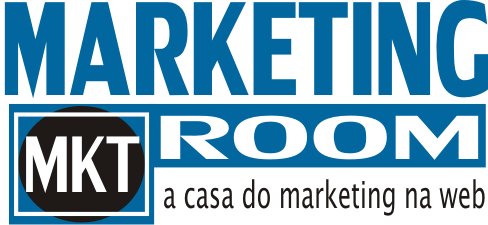Já tratei, aqui no blog, de questões tangenciais à propaganda boca-a-boca (ver aqui, aqui e aqui), e um artigo que recebi na semana passada ajuda a pontuar uma situação relacionada. Ei-lo:
Less than 10% of pharmaceutical-related word-of-mouth in the US takes place online, compared with nearly three-quarters that happens in person, according to a Keller Fay Group report.Ok, então o consumidor de fármacos não faz propaganda boca-a-boca na internet (menos de 10% da amostra) ?"For some brands, it's important to facilitate talk online, but reaching influencers at events or by providing information they can share offline is crucial," said Ed Keller, CEO of Keller Fay Group, in a statement.
Nearly 70% of consumers surveyed thought that pharmaceutical information from peers was credible and believable, even if the peers were not experts. "The [word-of-mouth] majority isn't coming from healthcare professionals," Mr. Keller said.

The company recommended that pharma marketers work with compliance experts and the Food and Drug Administration (FDA) to make sure communications are legitimate and ethical.
Even brands that want to use online word-of-mouth may be missing some opportunities, according to Millward Brown. The research company surveyed doctors in the UK, and found that despite the growing popularity of patient blogs and Websites, healthcare and pharmaceutical brands were failing to use digital promotion and marketing.
Doctors said that many of the patient-run sites reported negatively on patient care and prescription drugs. They also said they were receptive to engaging online since they themselves used blogs, social networking and other Websites for information and advice. Nearly all respondents said they used the Internet at least once per day, for an average of 12 hours every week.
"Healthcare and pharmaceutical brands need to listen and measure what is being said about their brands offline and online," said Fergus Hampton, CEO of Millward Brown Precis, in a statement. "Even though more than 80% of word-of-mouth still happens offline, when it's online, it's magnified."
Online ad spending by pharmaceutical marketers in the US is predicted to be $173 million in 2012, up nearly 85% from the $93.6 million projected for this year, according to the Direct Marketing Association.

That is still a drop in the bucket for the industry, which spent more than $5 billion on advertising last year, according to Nielsen Monitor-Plus.

The eMarketer Pharmaceutical Marketing Online report will be published this month. Click here to be notified when it is released.
Num primeiro momento, pode parecer correto concluir que, neste caso, as empresas do setor têm razões para "ignorar" a web se o interesse for obter a recomendação dos clientes/usuários dos seus medicamentos. Grande erro....
Quando consideramos que a internet tem crescido, expandido-se, creio que se trata de uma questão de tempo até que as pessoas confiem o suficiente na web para fazer a propaganda boca-a-boca.
Trata-se, afinal, de uma mudança no comportamento do consumidor - mudança que, aliás, vem ocorrendo em todos os setores. Em alguns, mais rapidamente, é verdade; noutros, com menos dinamismo.
As empresas que souberem aproveitar esta oportunidade, chegarão primeiro à mente dos consumidores - e serão as primeiras beneficiadas quando este consumidor passar a recorrer à web.

0 comentários:
Postar um comentário